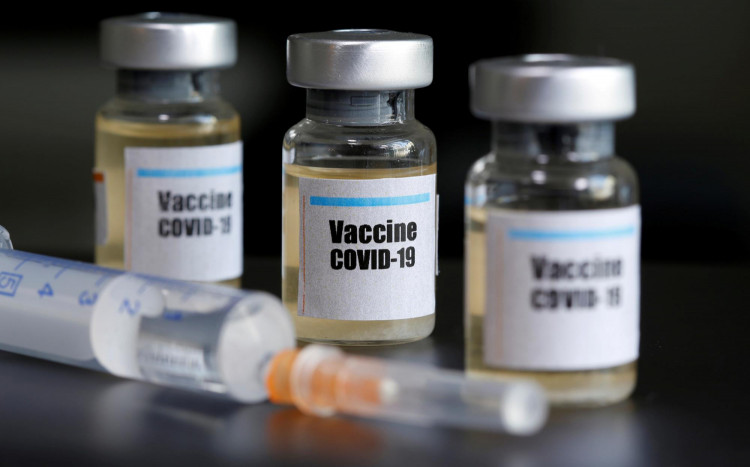Many pharmaceutical companies are racing to complete late-stage trials for a possible COVID-19 vaccine - but many countries remain at the far-end of the list for adequate vaccine supplies.
Philippines
The Philippines has been exchanging top spot for hardest-hit country in Southeast Asia with Indonesia over the past months.
The Philippines government doesn't have enough money to pay for vaccines for many vulnerable people.
The Department of Health said this week that 2.5 billion Philippines pesos set aside for COVID-19 vaccines wasn't enough to ensure that Indigenous peoples and health care workers were provided with protection.
Health representative Maria Rosario Vergeire said for vulnerable groups to be given two doses of a coronavirus vaccine, an additional 10.5 billion pesos was necessary.
Philippine president Rodrigo Duterte has said he wanted every citizen to be given the vaccine - and he was trying to secure additional funds for this.
As of Tuesday, the Philippines had 360,000 confirmed COVID-19 cases and more than 6,600 deaths.
Africa
Some countries in Africa are expected to be among the last to get an adequate supply of a COVID-19 vaccine owing to the many obstacles in the continent's generally weak health system.
Among the problems Africa faces is the lack of refrigerators for storing medicine. To ensure a vaccine's safety and potency, nonstop sterile refrigeration is necessary.
Remote villages and towns across the African continent might also be a stumbling block in the goal of immunizing vulnerable communities.
While South Africa may be in the running for vaccine donations other smaller economies on the continent are expected to have to wait for their turn for a COVID-19 vaccine.
Even if governments secure enough vaccines the question regarding adequate refrigeration facilities remains unanswered.
Africa as a whole has a collective confirmed coronavirus toll of over 1.6 million infections.
Afghanistan
War-torn Afghanistan has reported 40,000 confirmed COVID-19 cases and, compared with other nations, it has a slower infection rate.
However, food shortages are one of the biggest problems the government has yet to resolve - especially with job losses and business difficulties as efforts were established to limit transmissions in the country.
Hunger is a big problem for Afghanistan so a coronavirus vaccine may not be on the priority list.
In September, Afghan herbalist Hakim Alokozai said he produced a "cure" for the virus. However, Alokozai's cure hasn't been tested clinically.
Many Afghans traveled to the capital to see Alokozai and buy his cure. Authorities are now seeking Alokozai's arrest after a government laboratory found his cure was a combination of herbs, morphine, papaverine, codeine and opium.
Deputy spokesman at the Ministry of Public Health, Masooma Jafari said Alokozai's "mixture cannot prevent the illness."
Afghan citizens demonstrated in May in favor of Alokozai.





